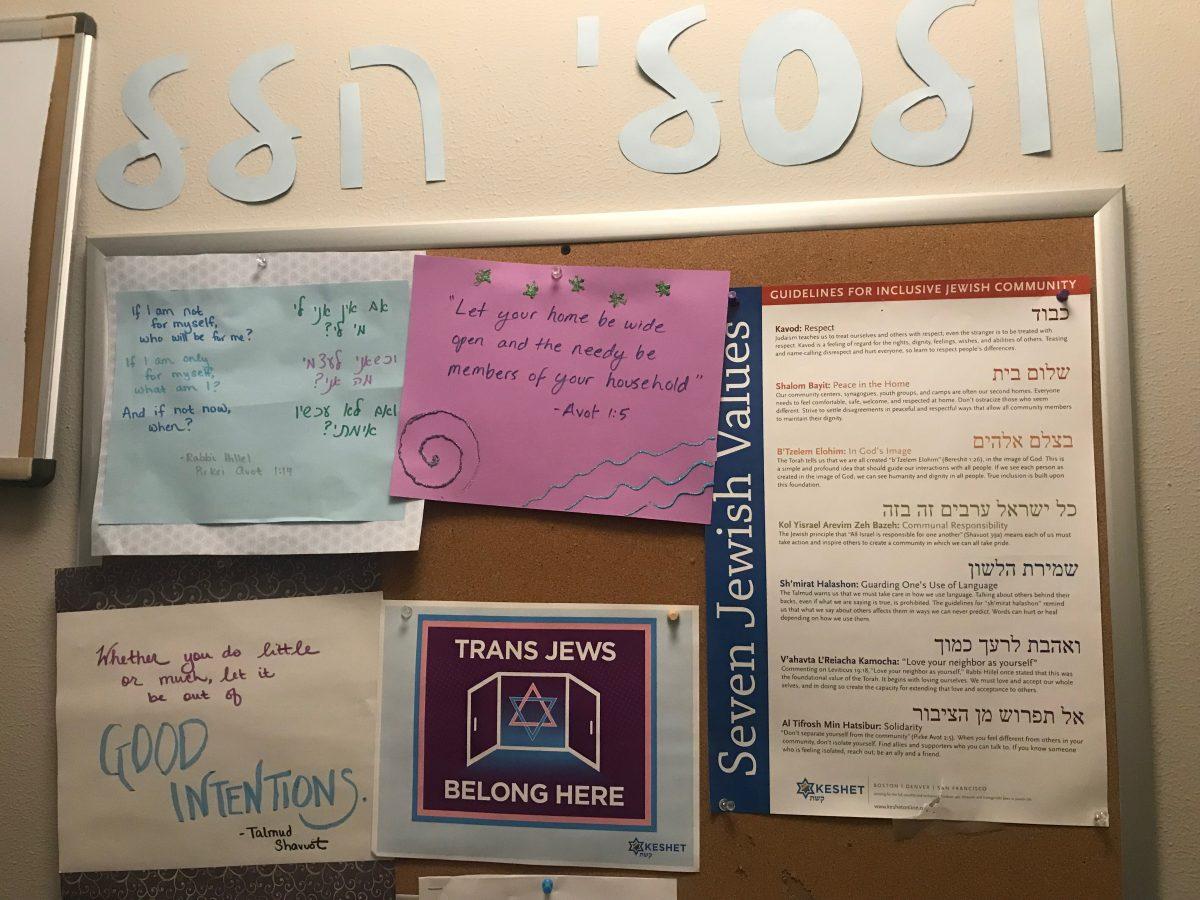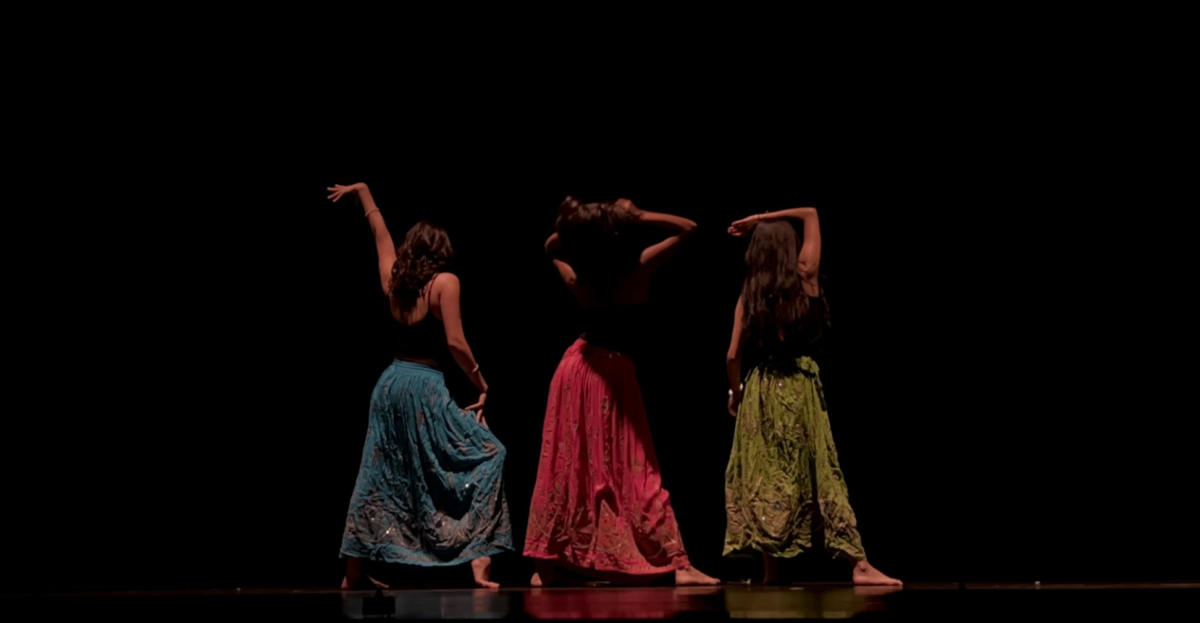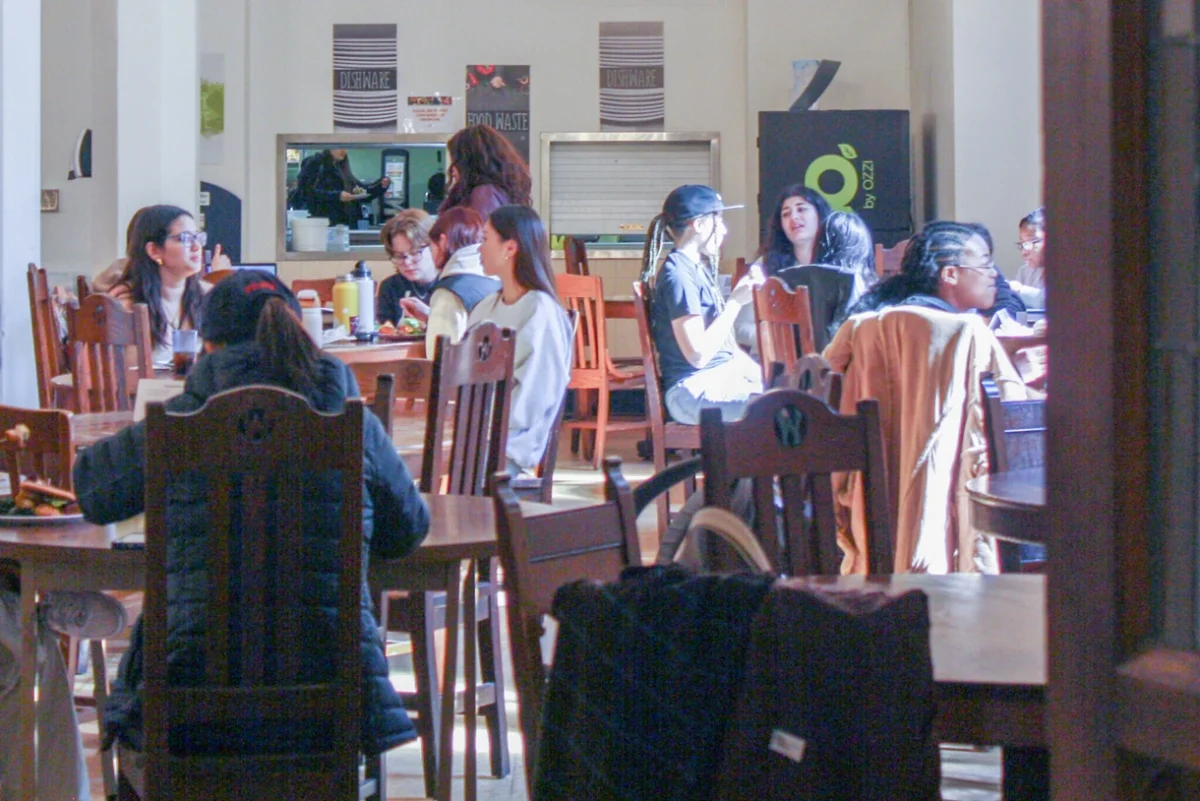On Feb. 22, Wellesley’s Jewish community will be hosting an event called “Shabbat 101,” open to the whole campus.
“Shabbat is the Jewish Sabbath, a weekly opportunity to disconnect from the hectic pace of everyday life, and to reconnect with yourself, friends, family, community and God,” says Wellesley’s Rabbi Dena Bodian.
Unlike most holidays celebrated in America, Jewish holidays begin at sundown. The celebration of Shabbat begins on Friday evening at sundown and carries into Saturday night when there are three stars visible in the sky. Some of Wellesley’s Jewish students meet on Friday nights in the Multifaith Center gathering area to light candles, which signifies the beginning of the holiday. They then have an hour long evening prayer service to welcome Shabbat, followed by a traditional Shabbat dinner and singing at 6:30 p.m. in 330 Billings.
Rabbi Bodian stressed that while all Jewish religious and cultural events on campus are open to all students and faculty, Shabbat 101 is specifically encouraging the participation of students who would not normally attend, including non-observant Jewish students and students from other religious backgrounds.
“This evening is meant both for Jewish students who are looking for an excuse to check out services and who may or may not feel comfortable in a synagogue as well as for non-Jews who are curious about what Jewish services look like,” she said. “It’s also for folks who like to sing, and we will be teaching some great tunes, courtesy of the fabulous Joanna Lubkin, Wellesley’s Unitarian Universalist chaplain.”
Claire Siege ’21, co-president of Wellesley Hillel and one of the students involved in the planning of Shabbat 101 explained, “There will be a service led in Hebrew and English by Joanna Lubkin, the Unitarian Universalist Chaplain and Rabbi Dena Bodian. Afterwards there will be a delicious kosher dinner offered for all students regardless of whether or not they attended the service. The service will largely be focused on ensuring that all people regardless of faith or background can be comfortable in a Jewish service.”
The prayer books, known as siddurim, used at Wellesley are non-denominational with writing in both Hebrew and transliterated English to be more accessible. Students who participate in the Jewish community come from all different denominations of Judaism and religious education backgrounds, so the service and prayer books — for this event and for every week — are meant to accommodate all students.
One of the students looking forward to the event, Shannon Mewes ’19, says that as a non-Jew she is interested in and excited about Shabbat 101 and wishes to better understand the religion and culture, especially as someone with Jewish friends. She went on to say that she has wanted to explore other religions since getting to college after having grown up in a fairly homogeneous Christian town.
“[I] have always been really interested in religion and spirituality, so one of the things that really excited me about coming to college was getting actual exposure to other, read: non-Christian, religious practices and experiences. In particular, I love being able to participate in and learn about religious events in person and with people I care about since it means I can share culturally and emotionally important moments that I would otherwise never experience, as well as understanding my own spirituality differently. This is all a very long-winded way of saying that I’m really delighted by the idea of Shabbat 101 because it’s exciting and enriching to learn about Shabbat and how it works and to share the experience with my friends!”
After services, weekly Shabbat dinner at 6:30 in Billings 330 will commence as usual. Dinner is open to everyone, whether they came to the service or not. Students are welcome to come to one or both of the parts of the evening to experience the weekly ritual of Shabbat and join in on some traditional Jewish food and music.





